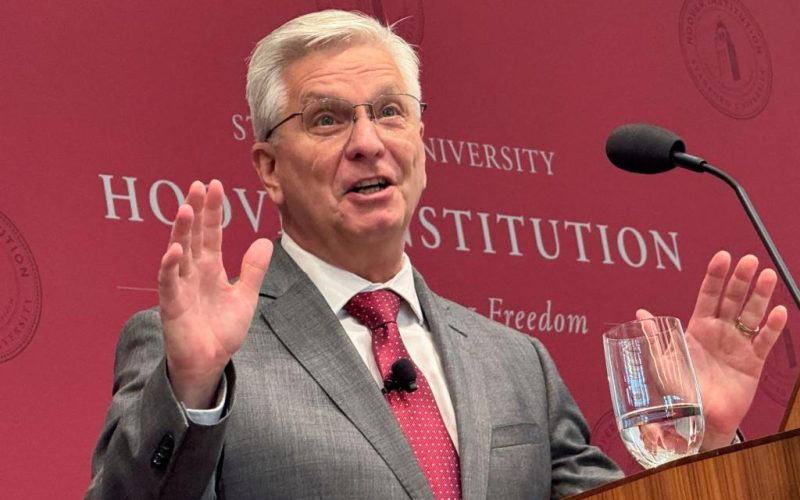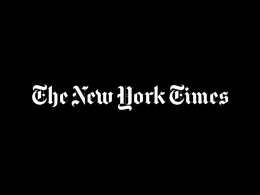Inflation is likely to continue to ease and possibly allow the central bank to cut interest rates sooner and faster than expected, Federal Reserve Governor Christopher Waller said Thursday in comments that pushed against recent market moves that anticipate a shallower Fed rate path.
Inflation “is getting close to what our 2% inflation target would be,” Waller said on CNBC, citing estimates indicating that one key measure of underlying inflation, the Personal Consumption Expenditures Price Index excluding food and energy costs, has been close to the Fed’s target for six of the past eight months.
The next monthly PCE report will not be released until Jan. 31, two days after the end of the Fed’s upcoming policy meeting, but analysts expect the monthly increase in core inflation may translate to an annual rate of less than 2%.
“If we continue getting numbers like this, it is reasonable to think rate cuts could happen in the first half of the year … I am optimistic that this disinflationary trend will continue and we will get back closer to 2% a little quicker than maybe others are thinking,” Waller said, adding that as many as three or four quarter-percentage-point rate reductions could still be possible this year depending on how inflation behaves.
“If inflation is down and the labor market stays solid, you could think about restarting rate cuts several months from now … I don’t think March could be completely ruled out,” Waller said, referring to the Fed’s March 18-19 policy meeting. “If we make a lot of progress, you could do more.”
Waller’s somewhat dovish narrative, coming near the Fed’s blackout period on public comments ahead of the Jan. 28-29 meeting, immediately shifted market expectations about where the central bank stands at the start of the incoming Trump administration.
The Fed is anticipated to hold its benchmark overnight rate steady in the 4.25%-4.50% range at its meeting later this month, but investors had expected the pause to last until perhaps June, with only a single rate cut this year.
After Waller’s remarks investors shifted toward a view of two rate cuts as more likely, with a good chance the first comes as early as May. Bond yields also fell.
‘Still restrictive’
The Fed is trying to reconcile relatively strong economic data with the need for inflation to fall somewhat further.
Some analysts have looked at things like strong retail sales and a relatively low unemployment rate to argue Fed policy is not restricting the economy as much as thought, with a new surge of inflation possible.
But “you are not seeing a labor market that is starting to overheat or accelerate … Things are still restrictive,” Waller said.
The Fed is also trying to assess how President-elect Donald Trump’s policies may influence the performance of the economy in coming months. Trump will begin his second term in the White House on Monday.
Waller anticipates any influence on prices from increased tariffs on imports, for example, would be fleeting.
“I don’t think tariffs would have a significant impact or persistent effect on inflation,” Waller said.








